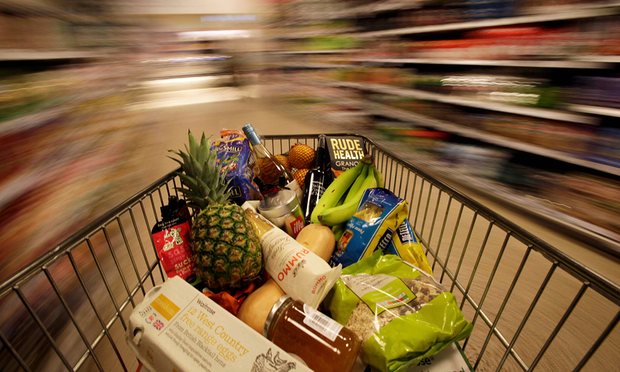Economy
Inflation Declines to 13-Month Low

Cost of goods and services in Nigeria improved slightly in July to more than a year low.
The consumer prices which measures inflation declined from 16.10 percent year on year in June to 16.05 percent in July, according to the National Bureau of Statistics report released Monday. This is the lowest inflation rate since July 2016 and sixth consecutive decline.
On a monthly basis, Headline Index rose 1.21 percent in the month under review, a 0.37 percent lower than 1.58 percent recorded in June.
The surge in Headline index has been attributed to the persistent increase in food prices. The food Index rose by 20.28 percent year on year in July, higher than 19.91 percent recorded in June.
According to the report, the rise in food sub-index was caused by increases in prices of bread and cereals, meat, fish, oils and fats, coffee, tea and cocoa, potatoes yam and other tubers and vegetables.
On a monthly basis, Food sub-index increased 1.52 percent in July, a 0.47 percent decrease from 1.99 percent recorded in June.
The inability to rein in prices below 16 percent is likely to affect current progress as the central bank is unlikely to lower its interest rate from 14 percent as widely suggested.
However, the aggressive sales of treasury bills by the central bank to mop up naira could boost the local currency value against the U.S. dollar and help curb rising import and input prices going forward.
“Input costs remain a concern,” said Samed Olukoya, a foreign exchange research analyst at Investors King Ltd. “High cost of goods is due to the high cost of importation.”
The Naira declines by N3 to N370 against the US dollar.
